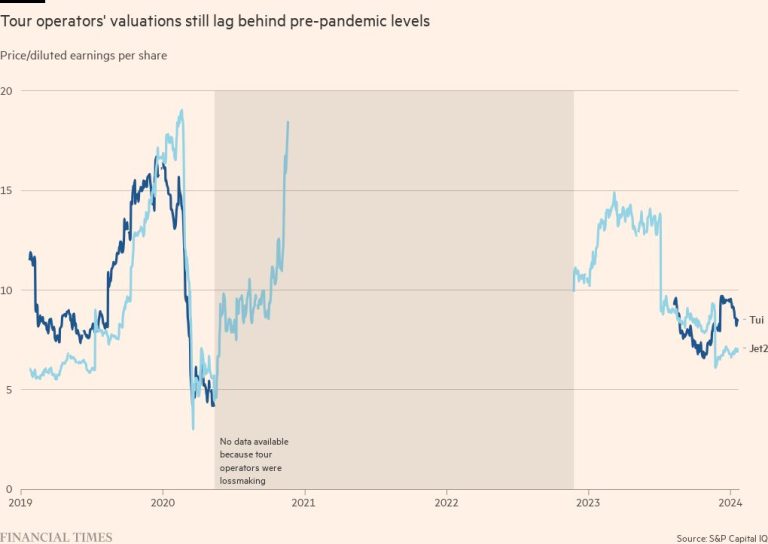Receive free Financial Reporting Council updates
We’ll send you a myFT Daily Digest email rounding up the latest Financial Reporting Council news every morning.
Richard Moriarty has been appointed the new head of the UK’s accounting watchdog, as it seeks to introduce significant reforms in the wake of a series of corporate scandals.
Moriarty, who led the UK’s aviation regulator for five years until this spring, will succeed Sir Jon Thompson as chief executive of the Financial Reporting Council, the government said on Monday.
Business minister Kevin Hollinrake described Moriarty as a “fantastic appointment”, adding: “His extensive background in leadership and specialised experience in regulatory and market reform will ensure the FRC continues to ensure business integrity and transparency.”
The FRC is in the midst of a series of changes intended to prevent repeats of scandals such as the collapses of the outsourcer Carillion and retailer BHS.
Founded in 1990, the council is due to become a new and more powerful Audit, Reporting and Governance Authority, although the timing of that change remains unclear.
The FRC is also introducing reforms to the UK’s corporate governance code intended to increase directors’ responsibility for ensuring filings are accurate and making them more accountable for corporate misconduct.
Moriarty said the council had a “critical role to play in underpinning investor and public confidence in financial reporting and corporate governance in the UK”.
“It is a privilege to be asked to lead the organisation at this important time and oversee its successful transformation into the new Arga,” he added.
Under the leadership of Thompson, who leaves after four years to become chair of the HS2 high-speed rail line, the FRC has had to deal with the fallout from a series of corporate scandals that raised questions about audit standards.
In addition to Carillion and BHS, these include the collapse in 2019 of the Patisserie Valerie café chain, listed on London’s Alternative Investment Market.
Investors and ministers have criticised some auditors’ failures to spot significant problems, including unauthorised overdrafts at Patisserie Valerie. There have also been concerns that company directors have generally been able to avoid accountability for problems by saying they knew nothing about them.
The package of reforms, however, has been scaled back after businesses complained about the potential costs of compliance.
FRC chair Sir Jan du Plessis warned in November last year that the government had drawn too narrowly the definition for “public-interest entities”, the organisations whose auditing standards Arga will oversee.
Under government proposals, private companies with annual turnover of less than £750mn or fewer than 750 employees will be exempt from rules for PIEs, while listed companies of a similar scale will be subject to them.
Du Plessis said the distinction risked incentivising companies to delist from public markets.
The Kingman Review of auditing standards, published in December 2018, recommended the creation of Arga. However, the government has repeatedly failed to introduce the legislation required to set it up.












+ There are no comments
Add yours